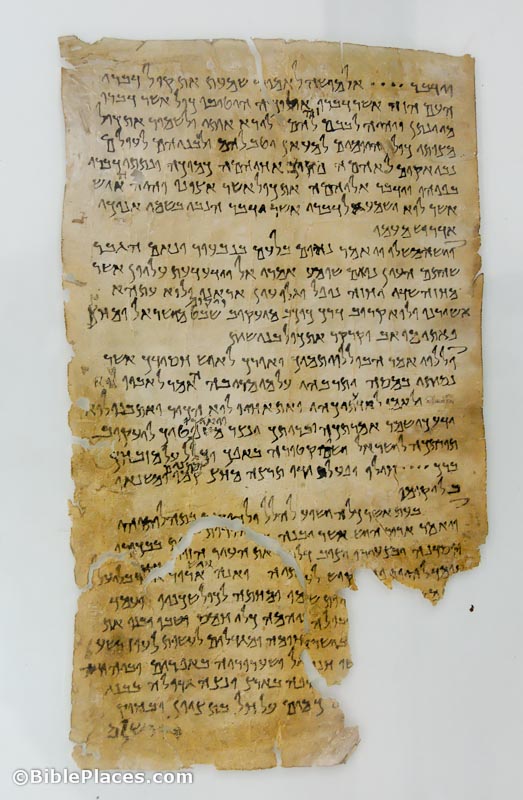Randall Buth may have discovered a significant idiom in the Greek text of Luke. This idiom could help us in determining the original language of Jesus’ biography. In Luke 19:33, did the donkey that Jesus rode into Jerusalem on Palm Sunday have more that one owner as the Greek text states?
Discovering the Hebrew Undertext of the Synoptic Gospels

One may contend that there existed a basic text of Jesus’ life story written in Hebrew. One arrives at this assumption not merely on the basis of the church fathers’ writings, but because the Greek texts of the synoptic gospels show so much evidence of being “translation Greek,” that is, Greek that contains Hebrew idioms and sentence structures.
Semitic Background to the Nain Story

The short account of the resurrection of the widow’s son in Nain has a very Semitic feeling. If the Nain story was written originally in Greek, it is a very semitically flavored Greek. Several linguistic features of this story suggest that it may have been written originally in Hebrew.
Hebrew Nuggets, Lesson 1: Jesus’ Hebrew Name (Part 1)

In my view, Hebrew is the key to understanding the Jewish background to Jesus’ words. Jerusalem Perspective, therefore, features a serialized Hebrew course for beginners. Each issue will include a bite-sized Hebrew lesson.


